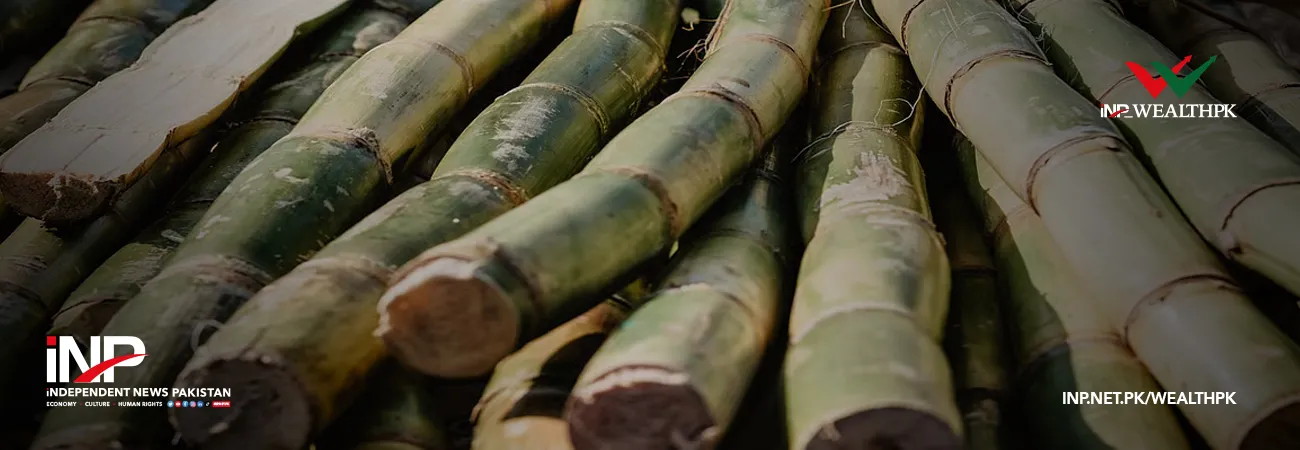INP-WealthPk
BEIJING, March 15: A Chinese expert shares his experience for desert locust control in Pakistan on a webinar jointly held by China and Pakistan, according to a report published by China Economic Net (CEN).
The report says, Tang Renjian, the minister of the Chinese Ministry of Agriculture and Rural Affairs and Syed Fakhar Imam, the minister of the Pakistani Ministry of National Food Security & Research sent a congratulation and a video address respectively for the launch of the locust control training.
At the seminar, Zhang Long, a professor from China Agricultural University, said China and Pakistan are iron brothers, and China would like to help Pakistan deal with the desert locust plague.
Zhang is one of the expert team members who traveled to Pakistan to help the desert locust control in February 2020. As Zhang along with the other experts made a field trip across Pakistan then, Zhang made different suggestions for desert locust control according to different situations.
Zhang points out that Punjab province is facing the most emergent situation now.
As the nymphs will hatch in the next two weeks, some action must be taken immediately, including digging out eggs and spraying chemicals.
Besides specific measures, Zhang also advised Pakistanis to establish a sustainable, high-efficient and long-term management system for the desert locust control. In this system, biological and ecological controls are the main methods. Zhang thought that monitoring and forecast of the locust should be more precise and efficient.
Zhang also stressed that Pakistan should strengthen scientific research in locust biology, ecology and physiology to tackle threats of locust plague. He also advised to train more people for the locust control.
The webinar is jointly by relevant departments of China and Pakistan, including the Chinese Embassy in Pakistan, the National Agro-tech Extension and Service Center affiliated to the Chinese Ministry of Agriculture and Rural Affairs, the Chinese Ministry of Commerce, the Pakistani Embassy in Beijing and the Pakistani Ministry of National Food Security & Research.
Credits: INP-WealthPk





